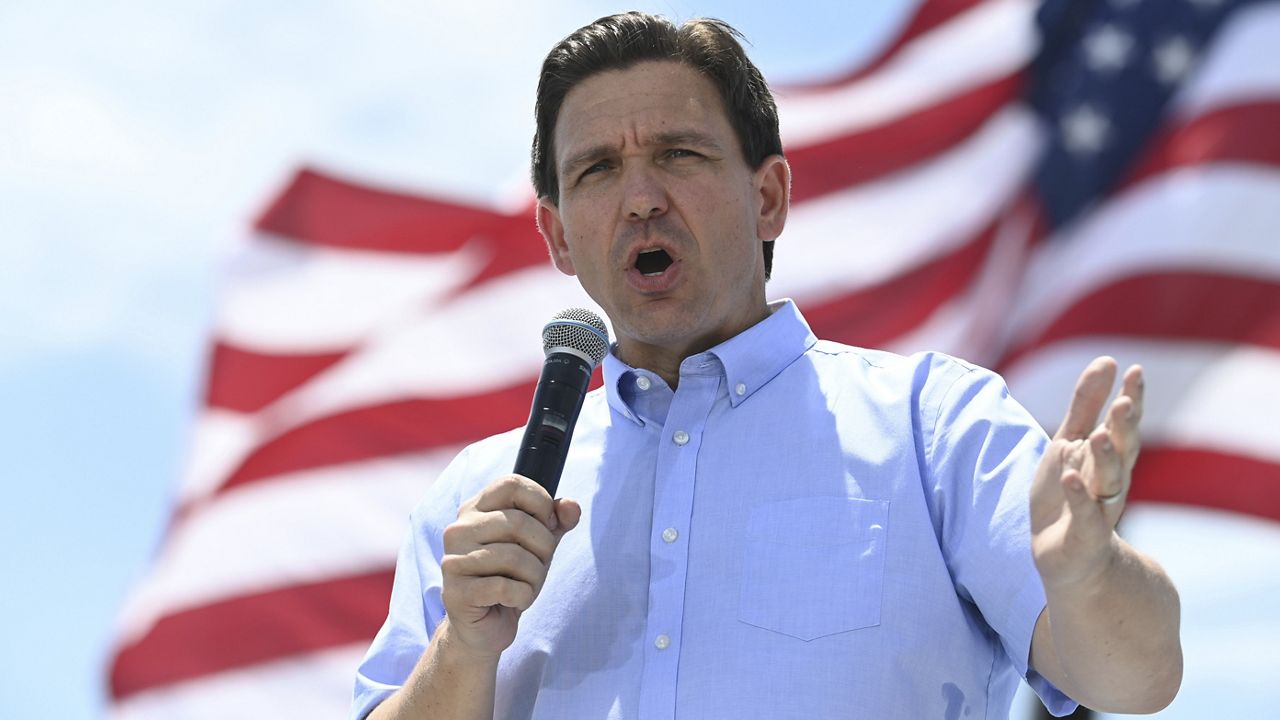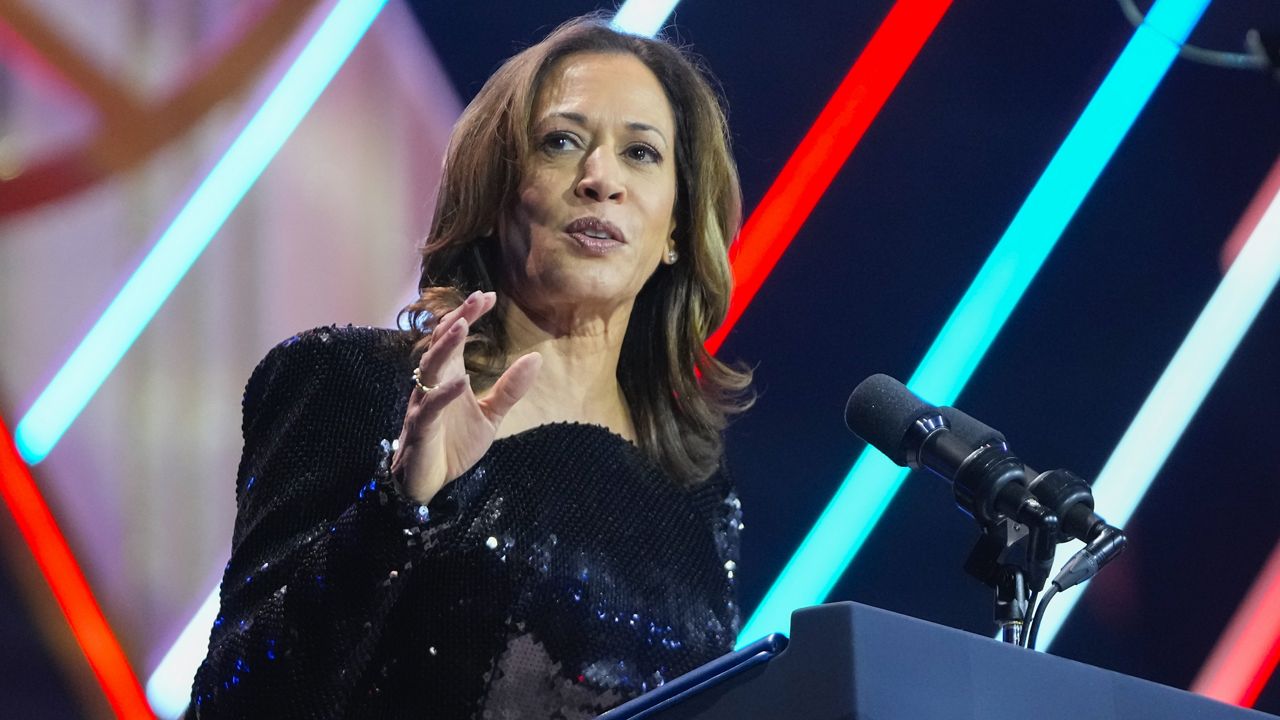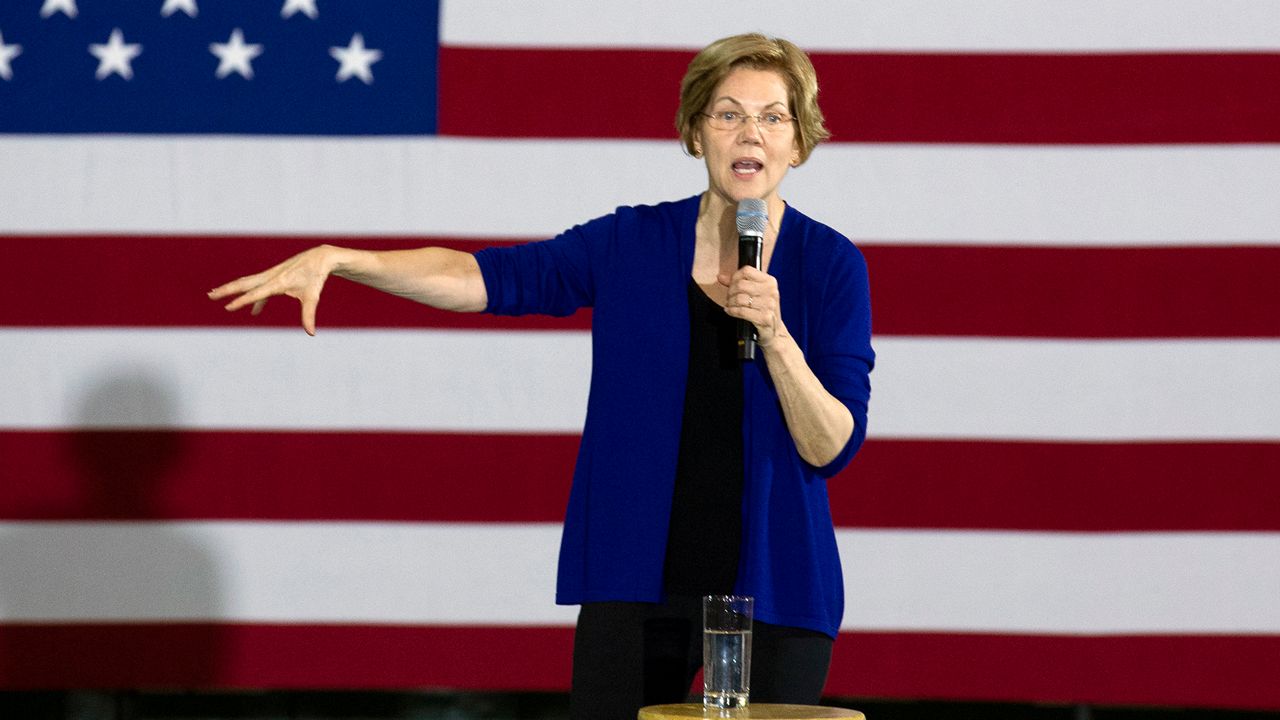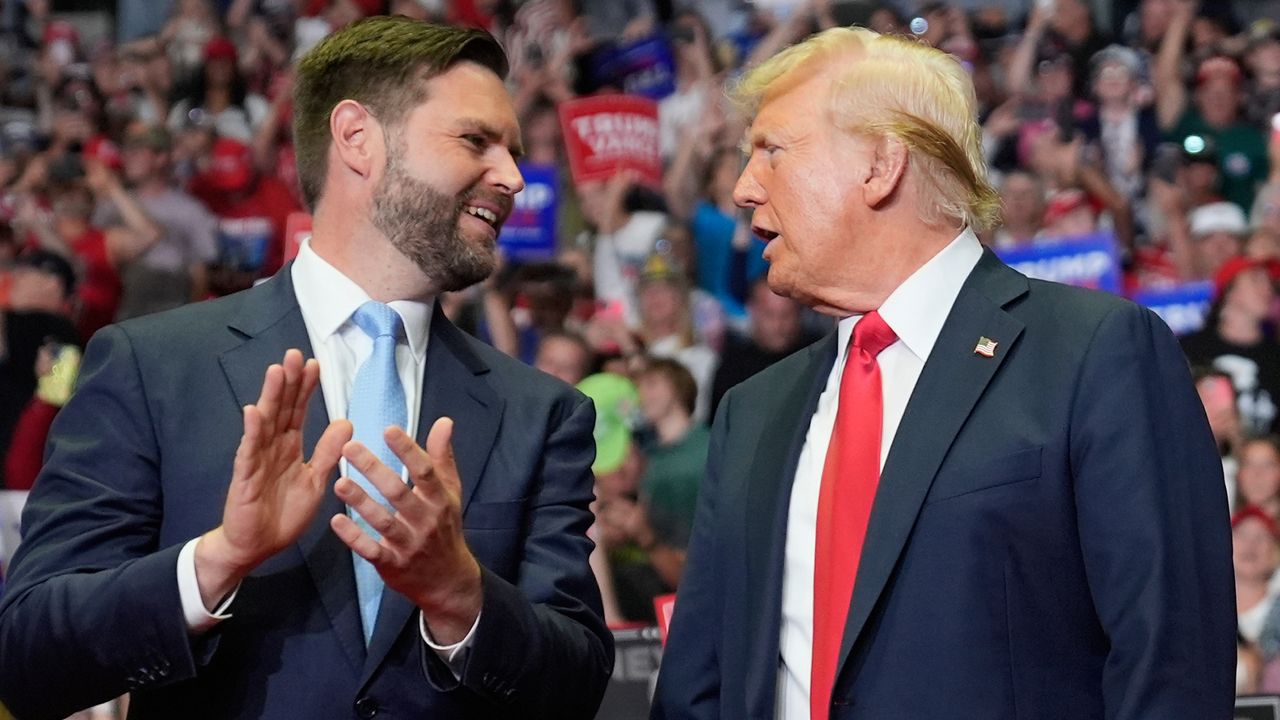One year ago, conservatives rejoiced after the Supreme Court granted their decades-old wish by striking down Roe v. Wade and putting abortion laws in the hands of states.
But as the anniversary of the landmark Dobbs v. Jackson Women’s Health Organization decision is marked Saturday, Republican presidential candidates are not exactly crowing about the fact that 14 states have banned most abortions.
What You Need To Know
- On the first anniversary of the Supreme Court striking down Roe v. Wade, Republican presidential candidates have largely avoided discussing the issue on the campaign trail or, when asked about it, given meandering, confusing answers
- Polling has indicated most Americans oppose efforts to restrict abortion rights, and political experts have blamed Republicans’ poorer-than-expected performance in last year’s congressional midterms on outrage over the Dobbs ruling
- Political scientist Patricia Crouse said Republican candidates are "going to have to sort of out-abortion" each other in the primary, "but when they get to the general election, that’s not going to fly"
- But Republican strategist Bob Clegg said he believes the abortion issue is being overblown and won’t ultimately decide the presidential election because it's "baked in" with voters
In fact, many of the hopefuls have largely avoided discussing the issue on the campaign trail, or when pressed on the future of abortion laws, they’ve given meandering or confusing answers.
“I don't think they were prepared for the backlash that came after Dobbs,” said Patricia Crouse, a practitioner in residence in legal studies and political science at the University of New Haven. “I think they were expecting more of a celebration across the United States, and I don't think that's what they got at all.”
A poll published Wednesday by NPR, “PBS NewsHour” and Marist College found that 57% of Americans oppose the court’s decision to strike down Roe while 40% support it. A Gallup poll last week found that a record-high 69% of Americans say abortion should generally be legal in the first trimester of pregnancy.
And according to a USA TODAY/Suffolk University poll, one in four Americans say state efforts to restrict abortion access have made them more supportive of abortion rights.
Political experts have blamed Republicans’ poorer-than-expected performance in last year’s congressional midterms on outrage over the Dobbs ruling. And when abortion was on the ballot, including in deep red states Kansas and Kentucky, voters supported protecting abortion.
Now GOP presidential candidates are carefully attempting to navigate their way through one of the most polarizing issues in American politics.
“They’re going to have to sort of out-abortion each other in terms of finding just the right approach with Republican voters, and that may win them a primary,” Crouse said. “But when they get to the general election, that’s not going to fly.”
In a CNN town hall last month, former President Donald Trump, who is the front-runner for the Republican nomination, repeatedly dodged questions about whether he’d sign a national abortion ban if one reached his desk. He ultimately gave a confounding, vague answer that anti-abortion advocates now have greater negotiating power and that he’d “make a determination [about] what he thinks is great for the country.”
Last year, Trump blamed the abortion issue for Republicans underperforming in the midterms, especially those who insisted on no exceptions to abortion bans, including in instances of rape and incest. The only mention of abortion on Trump’s campaign website is a line that touts the former president for delivering “the biggest win for life in a generation” by nominating three of the justices who voted to overturn Roe.
Florida Gov. Ron DeSantis signed a six-week abortion ban into law in April, but it has usually received only brief mentions on the campaign trail. He said in a Fox News interview last month that there are roles for both states and the federal government to play on abortion moving forward but did not clearly explain what the federal role might be.
Sen. Tim Scott of South Carolina has, too, struggled to land on a consistent message about how he’d handle abortion as president. He said in one interview he’d sign “the most conservative pro-life legislation you could bring to my desk,” but later skirted questions about whether he’d support a federal six-week abortion ban. He, however, has said he backs a 15-week national ban.
And Nikki Haley, the former ambassador to the United Nations, received a crash course in just how thorny the issue can be even among Republicans. After she argued in a television interview that a federal ban is “not realistic” because of the Senate’s filibuster rules and accused the news media of using the issue to divide Republicans, Marjorie Dannenfelser, president of the group Susan B. Anthony Pro-Life America, issued a statement saying that Haley’s dismissal of a potential ban “is not acceptable.”
“I think that this is going to be one of those issues that these candidates are going to do a lot of doublespeak on as they go through the primary,” Crouse said. “Honestly, I'm not sure any of them really know what position they should take at this point.”
But Republican strategist Bob Clegg said he believes the abortion issue is being overblown and won’t ultimately decide the presidential election.
“The people where it is high on their priority list — and we're talking about people on both sides of the issue — they're pretty much already there,” he said. “It's baked in. If you are pro-abortion, then you've been voting for Democrats. You haven't been voting for Republicans.”
Clegg added that independents and moderates are more likely to be swayed by economic issues than abortion.
Ronna McDaniel, chairwoman of the Republican National Committee, has been urging GOP presidential hopefuls to not run from the abortion issue like many midterm congressional candidates did in 2022.
“You need to say, ‘Listen, I’m proud to be pro-life,’” she told “Fox News Sunday” in April. “We have to find consensus. Let’s see where the Democrats are. What abortion is a bad idea to a Democrat? Nine months? Eight months? Seven months? They can’t even articulate an abortion that’s a bad idea.
“Put them on the defensive and articulate where you stand, and that’s going to be the critical message that we have to get out before 2024.”
Clegg agrees. He said if he were advising a presidential candidate, he’d tell him or her: “You got to do what you believe in, in what you want to put out there. And hopefully just being honest about it, where you stand on this issue, I think that's all you really need to do.”
That's a strategy former Vice President Mike Pence has been deploying. He has said he would sign a national six-week abortion ban as president and wants the abortion drug mifepristone, whose 23-year-old regulatory approval is being challenged in the Supreme Court, taken off the market.
"I’m pro-life. I don’t apologize for it," Pence said during a CNN town hall earlier this month. "I believe that we’ve got to do everything in our power to restore the sanctity of life to the center of American law."
Meanwhile, Democrats are using the Dobbs anniversary to hit Republicans on abortion.
The Democratic National Committee is launching an ad blitz this week on billboards, social media and television streaming services in battleground states and New York. The ads say that the Biden administration is “fighting for a woman’s right to chose” and claims Trump and his supports support a nationwide abortion ban.
Meanwhile, the White House is holding a number of events this week focused on reproductive rights, including an event Friday in which Biden, Vice President Kamala Harris, first lady Jill Biden and second gentleman Doug Emhoff will meet with abortion rights groups.
Ryan Chatelain - Digital Media Producer
Ryan Chatelain is a national news digital content producer for Spectrum News and is based in New York City. He has previously covered both news and sports for WFAN Sports Radio, CBS New York, Newsday, amNewYork and The Courier in his home state of Louisiana.









